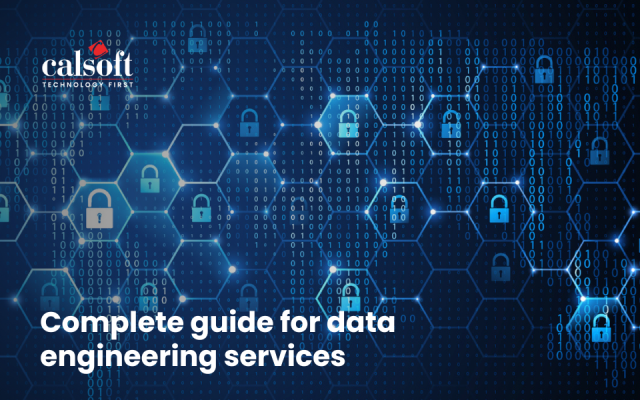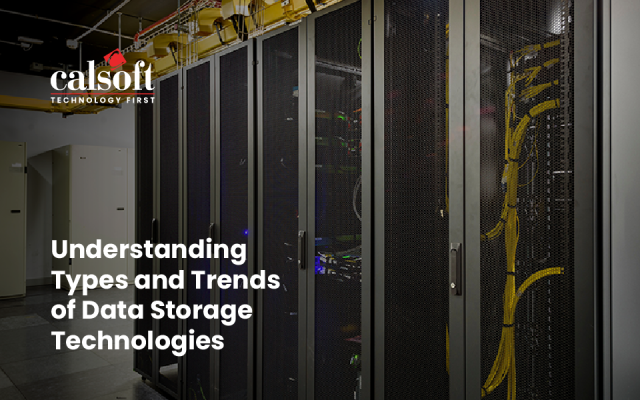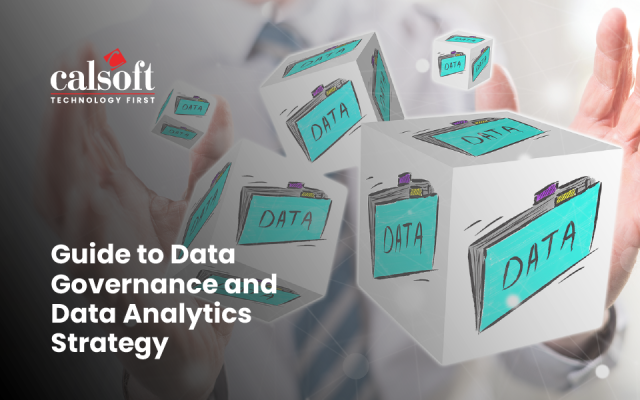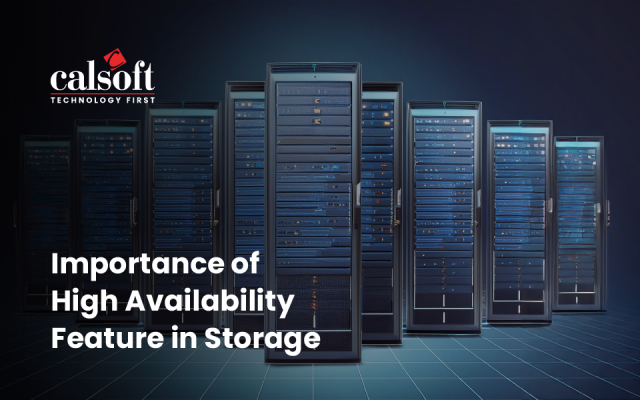It was 2017. A credit monitoring company found out that hackers had breached their data stores and stolen critical information such as social security numbers, birth dates, credit card numbers, and other personal details of 143 million customers! Soon enough, the company lost $4 billion in market value and was fined $700 million by the regulators. Their brand reputation and customer trust also took a substantial hit due to this massive data breach. The company was Equifax.
The Equifax incident made it clear (if ever clarity was needed) that companies can no longer take data security lightly.
Data is now the fuel that propels business decisions within a company. Data is needed to know what customers want, how best to serve them, or to take actions that drive the company’s growth.
A 2016 study said that a company collects 374.56 TB of data on an average. Obviously, this number would be much higher now. This data is collected through daily operations such as customer transactions, service requests, deliveries, and more. Apart from routine operational data, companies also collect critical customer data and financial information. Obviously, even a single lapse in securing this crucial data could prove disastrous.
The Role of Data Governance in Securing Data
At its core, data governance policies answer critical questions such as where the data is stored, who should be given access, how the data is structured, how to maintain the data quality at a specified standard, and how can it contribute to improving operations and customer relationship within the company. But most importantly, it helps in securing data.
- Ensures that data meets all compliance requirements
As more data is collected, governments worldwide have put in place mandates for companies to follow. These regulatory compliance rules define the standards required to secure customer data and protect privacy. Take GDPR, for instance. The regulation includes an option that grants users the right to have all their data erased from company records completely. If the data is not governed well or not harmonized, the company cannot fully guarantee that all the data has been erased.
The challenge with data is that it’s collected from disparate systems. Robust data governance ensures that all the customer and operational data is saved under unified standards. This gives the company a real-time view of the state of the data it possesses and also enables the automation of key facets of the compliance. It also reduces the compliance officer’s burden as validation of compliance becomes easier. Everything will be unified and standardized and available in a single repository for easier validation of compliance actions.
- Ensures that only authorized users can access data
According to a ForgeRock study, 40% of data breaches happen due to unauthorized access to data. Although companies have a defined cybersecurity framework, it primarily focuses on protecting the IT systems and not on data security.
Data governance can add value to this framework by making it easier to define policies and rules under which the data is only accessed by or distributed to the right people. For example, the company can define role-based access policies where it can control access for user profiles. Conditions governing permission changes would also be defined and codified.
Data governance also helps the company define the exact location of sensitive data such as customer information, trade secrets, and financials, provide appropriate access levels to different users, and study the user behavior to audit how users are utilizing their access. With comprehensive data governance policies, companies can also set real-time alerts and generate reports regularly to identify unwanted or unauthorized data changes. This will help them to take preemptive measures to address data breaches.
- Structures unstructured data to reduce security risks
A company receives a large amount of unstructured data in the form of emails, messages, social media content, etc. Considering that all this data is hard to manage, it becomes more vulnerable to data breaches. With unstructured data, it’s hard to locate the pieces of critical data that could be vulnerable. The lack of best practices, inconsistent standards, and unauthorized access permissions add to the problem.
Good data governance can help resolve these issues. The primary objective of data governance is to ensure that data is standardized and managed in a unified manner. Data governance compels companies to establish best practices and use the right tools and approaches. It provides the company complete visibility of the data and identifies potential security risks that can be blocked before major data breaches happen.
- Improves operational efficiency and customer service
Apart from securing data, data governance also helps improve operations. As data governance deals with setting processes and procedures to manage data, companies can better manage operational aspects too.
Data governance requires companies to define rules for governing data clearly. So, it’s easier for them to define standards that eliminate errors or duplication in the data. Data governance can also play a critical role in improving customer service. It not only ensures the company collects customer data by adhering to the defined rules, but it also ensures that it is consolidated in a unified system for companies to evaluate and make informed decisions to improve customer service.
Conclusion
It’s clear now that the lack of a well-designed data governance strategy could jeopardize data security and land the company into avoidable trouble. Hence the urgency among corporates to define data governance goals, identify the key stakeholders responsible for governance, establish best practices, and choose a partner who would help protect the data.
At Calsoft, we offer well-designed data governance strategies driven by our deep understanding of how data resides in the data center so that companies can organize their data, maintain its accuracy and security, and ensure that it remains compliant with the changing regulatory norms.
References:
Equifax data breach






